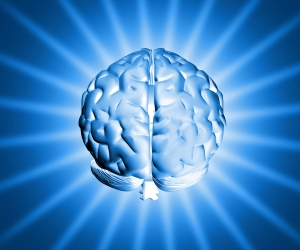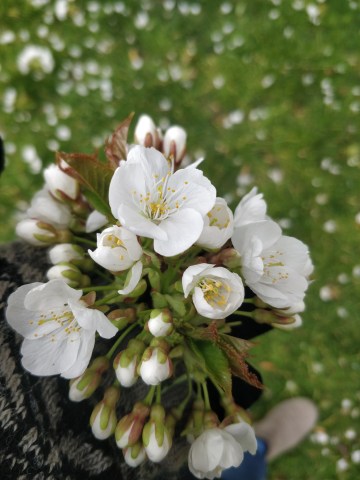Cake and Neuroscience

I’d forgotten how much I enjoy lectures.
May sound odd, but stick with me.
At LSE, I found lectures deeply relaxing. Less so, it must be said, at RADA, where I found lectures got in the way of the vital work of completing the hard patch and getting more scaff, but that’s a rather different story.
My favourite history lecturer, a Professor with a slight Spanish accent and a fondness for voice recognition software (of which one joyous outcome was a paper entitled ‘1606 – The Piss Between England And Spain’) would stand at the podium, spread out her notes and gleefully proclaim, in such a year, at such a place, upon such a drab morning, was x beheaded for treason. Let me tell you why…
When on Monday I was invited out for a giddy afternoon of cake and gossip, I was therefore surprised – but perhaps quite pleased – to discover the event transformed into cake, and an hour and a half talk at UCL on the latest technological developments and interpretations in cognitive neuroscience. This is an area about which I know nothing. Diddly squat. Which, I begin to realise, is a little shameful in that thinking is something we do constantly, without ever thinking about how.
The lecturer – a gentleman with a shaking right hand and a classically professorial wooly cardigan – stood up and, with images and graphs at his back, proudly declared that, in the past, he’d been wrong. He’d been wrong, he explained, when he mis-read a data set and concluded that the mind, in switching from one task to another, suffered no delay. He’d been wrong when he dismissed a theory of neuron connections which posited pathways through a limited area of the cortex and, most of all, he was delighted he’d been wrong. If you’re not wrong every now and then, he explained, you’re clearly not investigating anything interesting enough.
And here’s why I really like lectures. It’s not always about the content – though even the horror that was one module in sociology was interesting for the first 15 minutes when you were calmly informed that everything you knew was wrong – nor is it the format, which can itself be very, very dull. It’s that academic education, at its very best, is one of the only disciplines on the planet where it’s okay to admit that you don’t know something. Historians argue and bicker constantly about the interpretation of this or that event, forthrightly declaring that their view is most probable, but behind that inherent question is the simple truth that, short of a ouija board, we simply can’t know. Scientists push against facts and figures, searching for more solid truths. The apple dropped from the tree will fall towards the centre of the earth, but why will it fall? What is it that makes it fall? And once again the answer is – damned if we really know, but from our ignorance, how many incredible and exciting questions may yet be asked?
In life we all go to great lengths to proclaim ourselves right, and find a little certainty. Politicians declare increasingly implausible absolutes, and drive themselves through language alone to greater extremity. Teachers tell their pupils ‘this is so’ and in every workplace in every country, we cower from admitting fault or confessing ignorance, lest we be judged.
How glorious, then, to be reminded that life, the universe – even thought itself – is far too complicated, giddy and unknown for such pride. How brilliant to remember that ignorance is not a sin, merely an invitation to look a little more closely.





